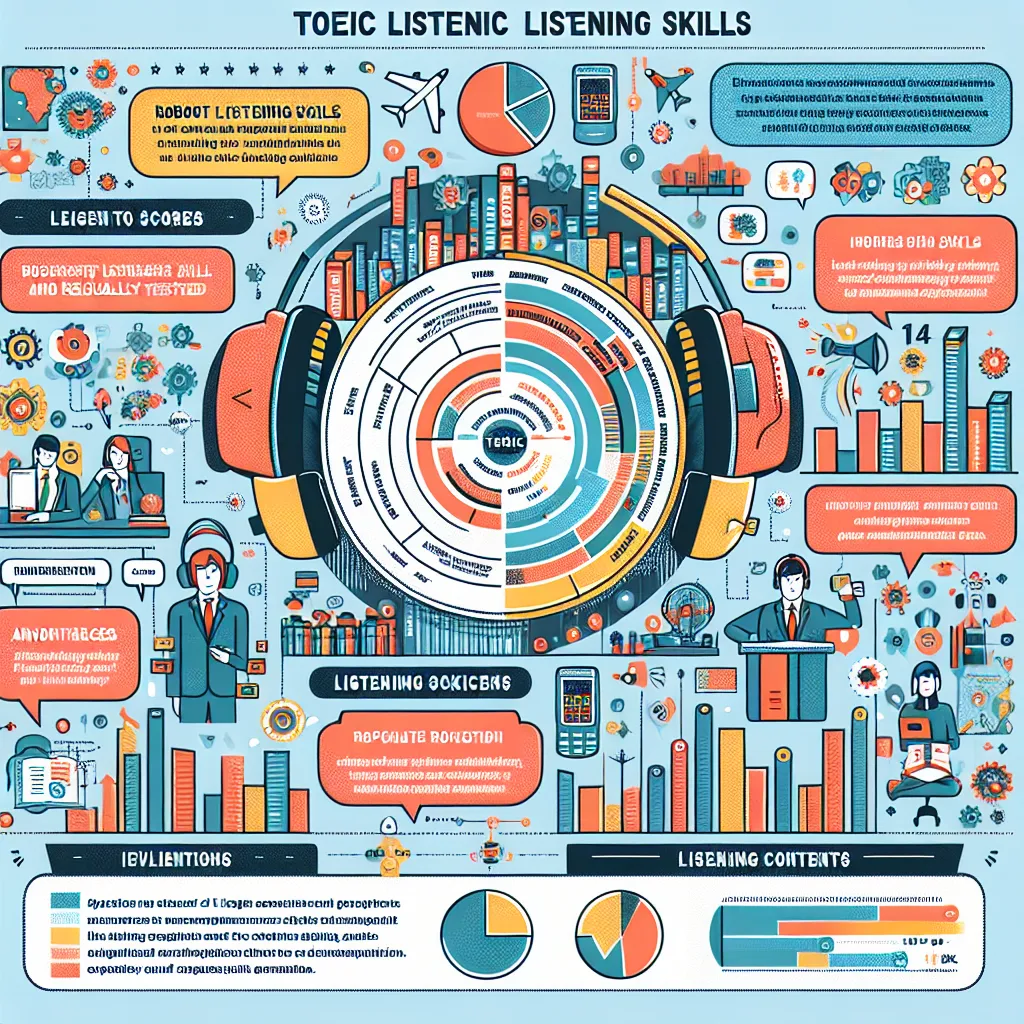Are you preparing for the TOEIC exam and wondering which section deserves more of your attention? This article will provide a detailed analysis of the TOEIC test structure and help you understand which section might be more crucial for your success.
Understanding the TOEIC Test Structure
The TOEIC (Test of English for International Communication) consists of two main sections: Listening and Reading. Each section is scored from 5 to 495 points, for a total possible score of 990. Let’s break down each section to understand their importance.
Listening Section
The Listening section comprises 100 questions and takes approximately 45 minutes to complete. It tests your ability to understand spoken English in various contexts.
Reading Section
The Reading section also contains 100 questions and lasts 75 minutes. It assesses your ability to comprehend written English in business and general contexts.
Which Section is More Important?
The truth is, both sections are equally important in terms of scoring. However, the importance of each section may vary depending on your personal goals and the requirements of your potential employer or educational institution.
Factors to Consider
-
Job Requirements: Some jobs may place more emphasis on listening skills, while others might prioritize reading comprehension.
-
Personal Strengths: Your natural abilities in listening or reading may influence which section you find more challenging.
-
Time Management: The Reading section allows more time per question, which might be advantageous for some test-takers.
-
Improvement Potential: If you’re stronger in one area, focusing on the weaker section might lead to a more significant overall score increase.
Strategies for Success in Both Sections
Regardless of which section you consider more important, it’s crucial to prepare thoroughly for both. Here are some strategies to help you excel:
Listening Section Tips
- Practice active listening with various English audio sources.
- Familiarize yourself with different accents and speaking speeds.
- Work on your note-taking skills during audio playback.
Reading Section Tips
- Improve your vocabulary, especially business-related terms.
- Practice speed reading techniques to manage time effectively.
- Regularly read English texts on diverse topics to broaden your comprehension.
 TOEIC Preparation Strategies
TOEIC Preparation Strategies
The Importance of a Balanced Approach
While it’s tempting to focus on one section over the other, a balanced approach is often the most effective strategy for TOEIC success. Here’s why:
-
Comprehensive Language Skills: TOEIC aims to assess your overall English proficiency in a business context. Excelling in both sections demonstrates well-rounded language abilities.
-
Interrelated Skills: Listening and reading skills often complement each other. Improving in one area can positively impact the other.
-
Score Maximization: By preparing equally for both sections, you maximize your potential to achieve a high overall score.
-
Adaptability: Being proficient in both listening and reading makes you more adaptable to various professional situations.
Conclusion
In the debate of which TOEIC section is more important, the answer largely depends on your individual circumstances and goals. However, a balanced approach to preparation is generally the most effective strategy. By honing both your listening and reading skills, you’ll not only improve your chances of achieving a high TOEIC score but also enhance your overall English proficiency for real-world applications.
Remember, success in TOEIC isn’t just about identifying the “more important” section—it’s about developing comprehensive English skills that will serve you well in your professional life. Focus on continuous improvement in both areas, and you’ll be well-prepared for the TOEIC exam and beyond.
[internal_links]




